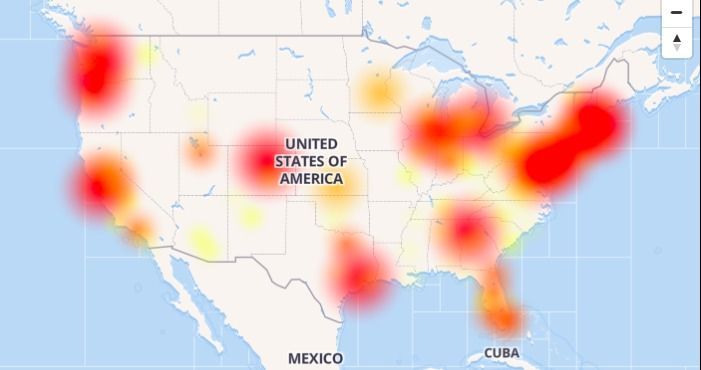© 2020 WWB Holdings, LLC. All rights reserved.



Updated at 9:50 p.m. Eastern.
WASHINGTON — A green propulsion startup with more than $1 million in sales says it is gaining traction in the smallsat market while funding its own small launch vehicle.
Dawn Aerospace, based in New Zealand and the Netherlands, has its first propulsion system launching in March on a D-Orbit cubesat aboard a Vega rocket. A second is scheduled to launch on an Indian PSLV in the second quarter of 2020 on a cubesat for Hiber, a Dutch Internet of Things startup. Dawn Aerospace also has contracts from the New Zealand Space Agency and the U.S. Air Force, Dawn Aerospace CEO Jeroen Wink said in an interview.

According to Nikkei, various countries have begun to target the next generation of communication technologies after 5G. Japan plans official-civilian cooperation to formulate a comprehensive strategy for “post-5G” (6G technology). It plans to achieve communication speeds that are 10 times faster than 5G by 2030. China, South Korea, and Finland have also started research, development, and investment. If you have patents related to communication standards, you can make huge profits through the sale of equipment and software. Japan, which is slowing down in 5G development, strives to catch up.


Today, countless electronic devices have touchscreens, including smart phones, tablets and smart home appliances. Touchscreen interfaces have become some of the most common means for users to communicate with and browse through their devices.
With this in mind, a research group at imec in Belgium has recently carried out a study exploring the potential of touchscreen interfaces for enabling the simple transfer of data to and from devices connected to the internet. In a paper published in Nature Electronics, the team showed that commercial touchscreens can be used as reader interfaces for capacitive coupled data transfer using a 12-bit, thin-film identification tag powered by a battery or photovoltaic cell.
“Our field of expertise is flexible electronics for IoT and Internet of Everything applications,” Kris Myny, principal scientist at imec and one of the researchers who carried out the study, told Tech Xplore. “In this field, we look into thin-film circuits, i.e. flexible RFID tags that can be embedded in objects and communicate to RFID and/or NFC readers. Based on this, our next step was to investigate whether we could expand the number of readers.”

A Chinese facial-recognition database with information on thousands of children was stored without protection on the internet, a researcher discovered, raising questions about school surveillance and cybersecurity in China.
The cache was connected to a surveillance system labeled “Safe School Shield” and contained facial-identification and location data, according to Victor Gevers, a researcher at the Dutch nonprofit GDI Foundation, which scans the internet for vulnerabilities and flags them to owners for fixing.

WASHINGTON: Google is planning to “render obsolete” a key tool advertisers use to track people around the web, increasing user privacy but also disrupting the marketers and publishers who rely on the search giant’s ad products.
“Over the next two years Google intends to stop supporting third-party cookies in its Chrome browser,’’ the Alphabet Inc unit said in a blog post on Tuesday.
Cookies are little bits of code that stick in peoples’ browsers and follow them around the web and are a core part of the online advertising landscape. They allow advertisers to target people with ads for websites they previously visited and make it easier to determine how effective certain ads were in getting internet surfers to buy something.


https://www.qbittimes.com/blockchain-in-fintech-the-new-ag…/
The application of Blockchain in Fintech is proving that virtually every industry aspires to implement the technology in its internal process. Today, tasks that previously required bulky machines, tangible or physical currencies, and human hands have been efficiently digitised.
There are copious technological advancements making waves in almost every sphere of global business, and the financial service industry is no exception. Therefore, many will agree that the fintech industry is one of the fastest-growing sectors of the decade.
With an internet connection, you can engage in your day-to-day banking activities. Things like trading and investment in the stock market, widen e-commerce platforms, make online payments, exchange currencies online, and undertake equity funding can be done at the comfort of your home seamlessly without stress.
